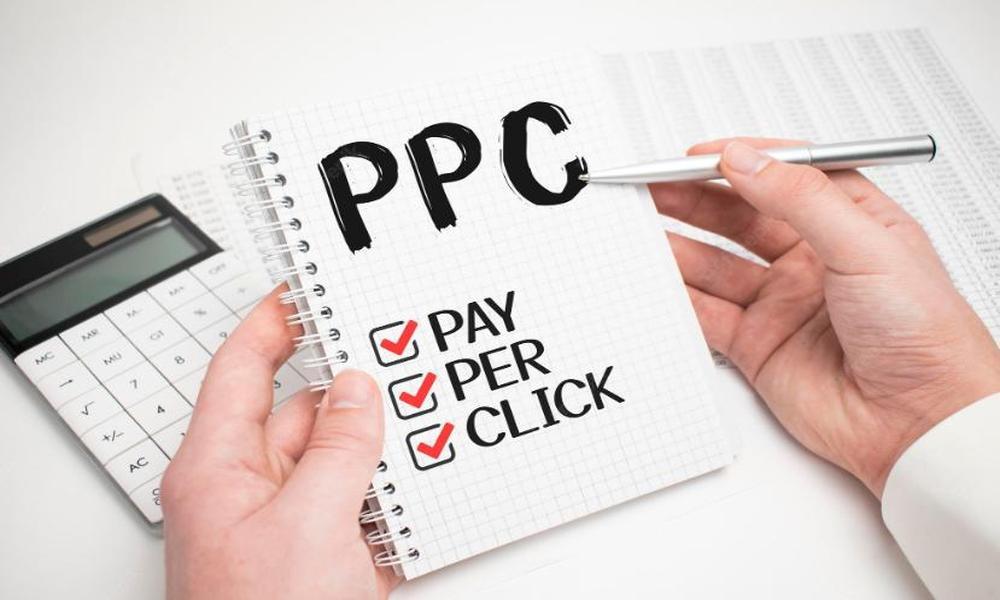
By allowing businesses to outsource their PPC campaigns to specialized agencies, white-label PPC plays a pivotal role in B2B outreach. This thoroughly strategic approach enables companies to focus on their core competencies while leveraging the expertise of seasoned PPC professionals. Let’s go ahead and examine the best and worst practices.
Do: Research and Choose a Reputable PPC Partner
A reputable partner brings experience, expertise, and a proven track record to the table, ensuring that your campaigns are in capable hands. When researching potential PPC partners, pay attention to their expertise in B2B marketing.
Assess their track record of success and case studies showcasing their ability to deliver results. Look for agencies that align with your industry, understand your target audience, and have a deep understanding of B2B marketing nuances.
Don’t: Ignore Communication and Collaboration
Establishing open lines of communication ensures that both parties are on the same page regarding campaign objectives, strategies, and progress. Regular check-ins and updates with your PPC partner foster transparency, enabling you to address any concerns promptly.
By maintaining strong communication, you can optimize campaign performance and ensure alignment with your overall marketing goals.
Do: Set Clear Goals and Expectations
To drive successful B2B PPC campaigns, it is imperative to define clear goals and expectations. Specific, measurable, achievable, relevant and time-bound, or SMART, goals evaluate the effectiveness of your campaigns and facilitate data-driven decisions.
Communicate your goals and desired outcomes to your PPC provider, ensuring they have a comprehensive understanding of your expectations. This collaborative approach empowers the agency to tailor their strategies to align with your business objectives.
Don’t: Overlook the Importance of Tailored Strategies
Avoid the temptation of employing generic or one-size-fits-all approaches in B2B PPC campaigns. Each business and target audience is unique, requiring tailored strategies to maximize engagement and conversions.
Collaborate closely with your PPC partner to develop customized strategies that resonate with your specific audience. By leveraging their expertise and combining it with your industry knowledge, you can create highly effective campaigns that stand out.
Do: Monitor Performance Metrics and Adjust Accordingly
Tracking relevant performance metrics is critical to evaluating the success of your B2B PPC campaigns. Key metrics, such as click-through rates, conversion rates, and return on investment, provide valuable insights into campaign performance.
Work closely with your PPC agency to analyze the data and make data-driven adjustments to your strategies. Continuously monitoring and optimizing your campaigns based on performance metrics ensures that you stay ahead of the curve.
Don’t: Neglect Landing Page Optimization
The effectiveness of your B2B PPC campaigns relies heavily on the quality and optimization of your landing pages. Neglecting landing page optimization can result in wasted ad spend and missed conversion opportunities.
When it comes to B2B PPC campaigns, landing pages should be high-quality, relevant, and conversion-optimized. Ensure that your landing pages align with the messaging and offers presented in your ads, providing a seamless user experience. Optimize the landing page elements such as headlines, call-to-action buttons, and forms to maximize conversions.
Regularly test different landing page variations and analyze their performance to identify areas for improvement. A well-optimized landing page can significantly enhance the effectiveness of your B2B PPC campaigns and drive higher conversion rates.
Do: Maintain Control Over Your Brand Identity
Consistency in brand messaging and visuals helps establish trust and recognition among your target audience. Provide your PPC partner with comprehensive brand guidelines and assets to ensure that your campaigns align with your brand identity.
Clear instructions on voice, tone, imagery, and logo usage enable the agency to create cohesive and impactful campaigns that resonate with your audience.
Conclusion
Successful white label PPC requires a strategic approach and adherence to best practices. By following the dos and don’ts outlined in this guide, businesses can surpass competitors in the B2B landscape. Remember to ensure due diligence in your hiring process, and you should be good to go.
